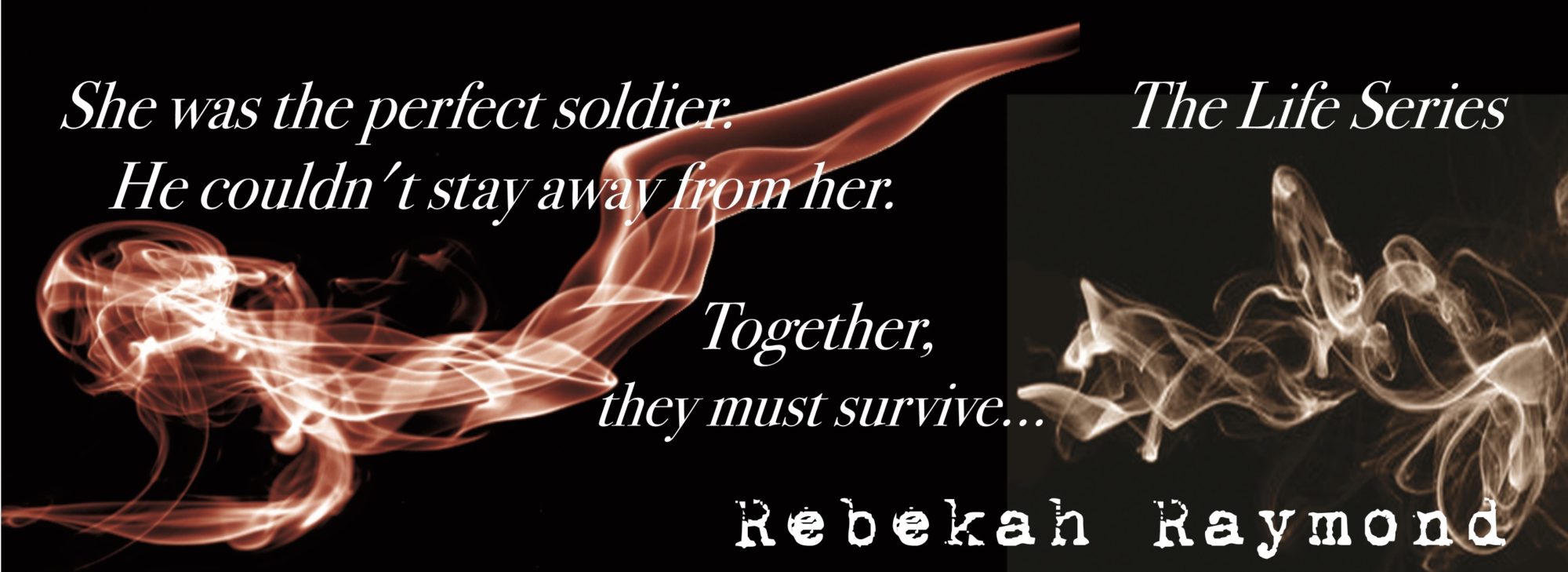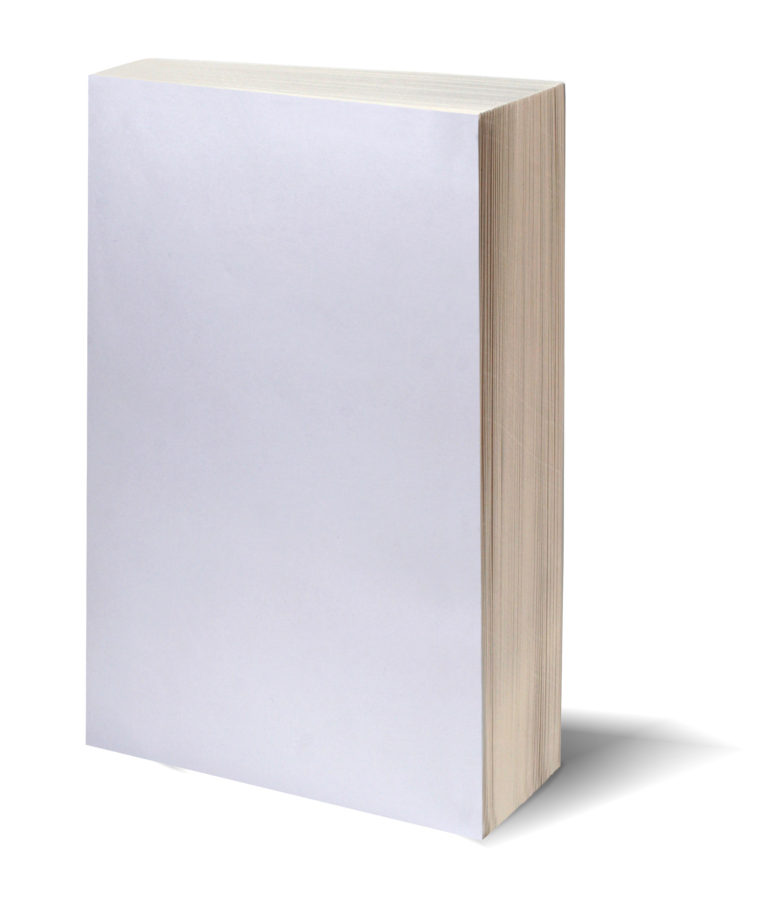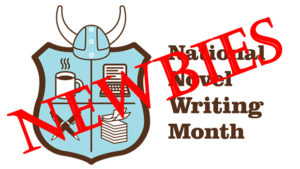Started writing the other day for the first time in a long while.
It wasn't great, I doubt it was more than 200 words. But now I am up to 1100 words in a new story (yes, that's right, a new character is talking).
This one's different. I don't know if it will turn into anything publishable. It has a solid general plot, but there are a hell of a lot of kinks to work out.
It's a religious paranormal so far, though we will see if it continues on that route.
In other news, YES, I am still working on the YA novel, though production has halted somewhat until I get a typewriter as the character demands. Having said that, I just found a used one this morning - hoping it works out and the person responds to me positively.
And for those of you who loved the Life's Series, YES, there are more books coming. In fact, all but two have been finished. But, I chose to put them aside for a little while so that I can concentrate on getting out the YA.
The follow-up's for the Life's Series still coming are (no titles created/confirmed as of yet):
- Arkem's story: the son of Seleah and Tomlin, Arkem is perhaps one of the darkest characters I have ever written. Cursed with a dual soul like Seleah, he has an especially hard time keeping true to himself when battling his other half for dominion over his body.
- Arkems follow-up: Arkem finally meets his mate, but in finding her he has to decide who, and what, he and his other half will be in the end
- Benji's story: you asked for it (repeatedly) and Benji answered. Get the full account of little Benji's tale - what happened to make him under StPatrick and Tomlin's care, what he did after the school...his story is endearing and heartwarming.
- Life's Series Novella: the end of the series, this novella takes a very different twist from a young man who never wanted to be a vigilante, and another who wants nothing more than to tell their tale.
Noe, People always tell me they appreciate my honesty and transparency on my facebook page. So, here it is - why am I putting aside finished manuscripts for unfinished works?
It's a matter of business. YA sells quite well here, and while I absolutely love my Life's Series, it doesn't sell as well as I would like. So, I want the YA sales to be able to offset those of my thrillers. In this way, I can get out a great book for my daughter (as I originally intended), make some sales, and then have the resources to get the last of the Life's Series out.
As I said, a matter of business.
As writers we are often forced to put aside out love of one topic to do WHAT IS NEEDED, whether that is postponing a book launch, to reallocating writing time for a submission or a commission. This happens. It's no different than any other career out there. Decisions are made and carried out. That's perhaps how I know I am taking this seriously...I am making decisions based on what will be beneficial for the long haul.
It's not fun, but it feels good.
I know I have had a number of people concerned lately that I had stopped writing, that I haven't posted much to my pages. From the bottom of my heart, thank you. It means a lot when you think you are invisible and people (some of whom you have never met) prove you wrong.
I haven't said too much about it, but I have been having a lot of health issues since January. I have been trying to find answers, but was stalled last week with a neurologist who decided it wasn't worth continuing to search for a cause. I have since gone through grief and self-pity and now am just mad. I have several leads for new doctors who will hopefully help me to find a cause and treatment method.
What does this mean for my writing? Well, it has been slow. Considering I usually write 25-40,000 words during any given month, and couldn't even make 20,000 during NaNoWriMo...well....needless to say, writing again is heart-warming. And my artwork? pretty much non-existent. But, as I said, I am working toward answers. With any luck, I'll find some soon.
That's it for now. months worth of updates in one post.
Please respond and comment or pm me - I love comments, I love feedback, I love discourse.




